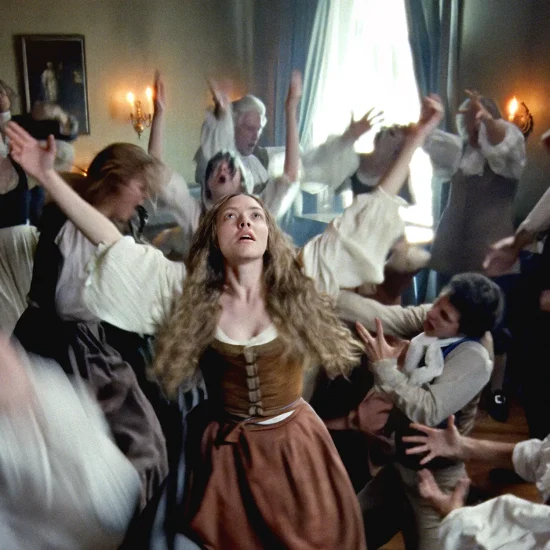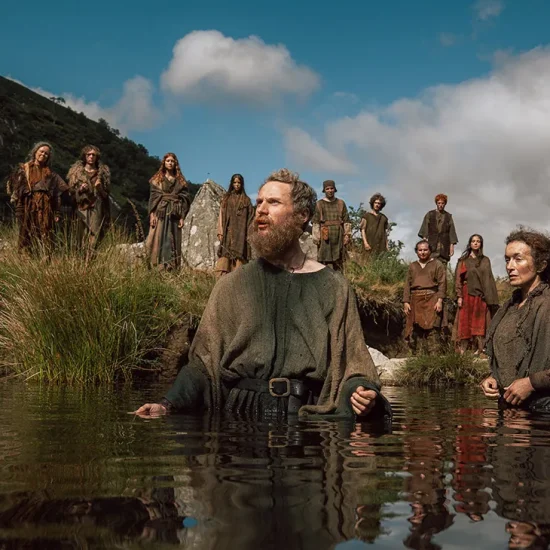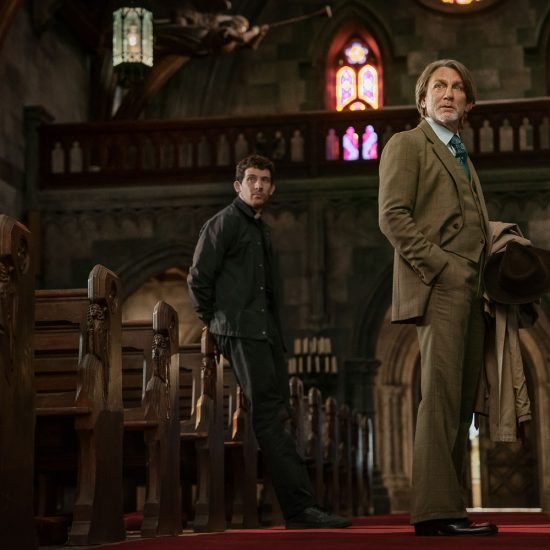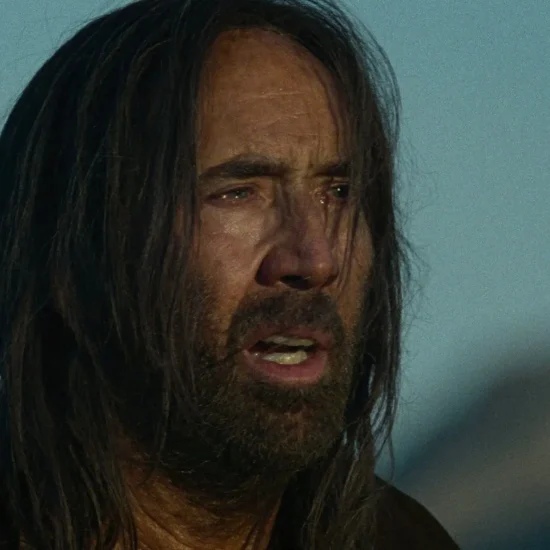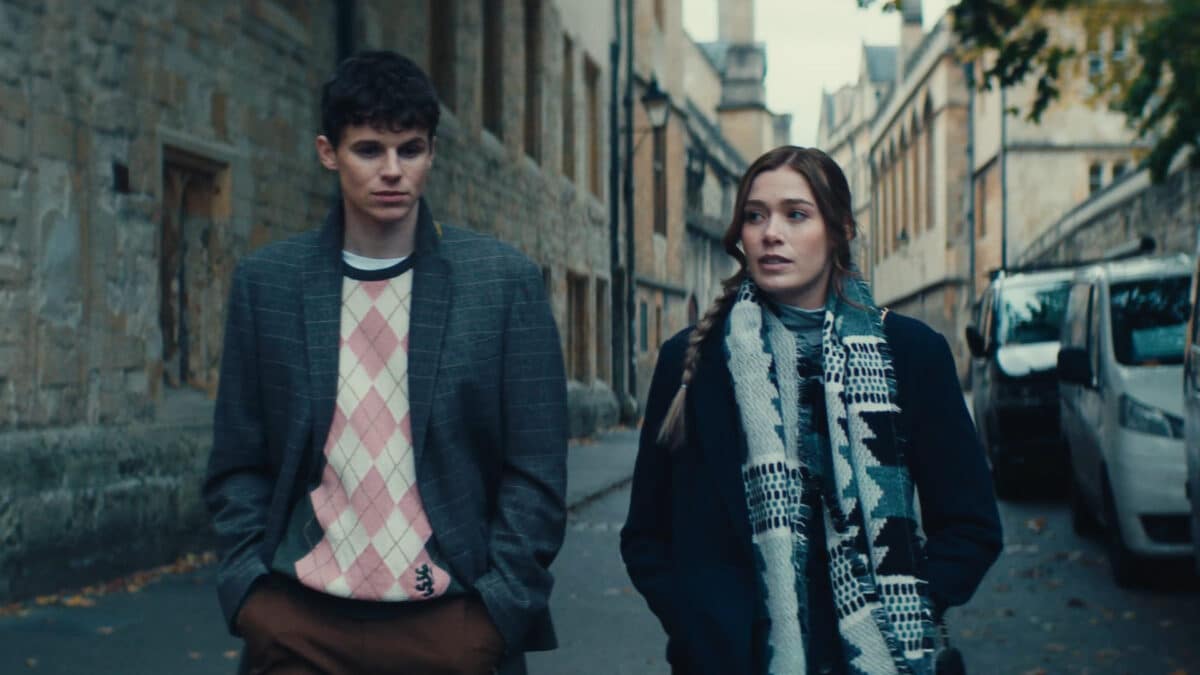
Parenting a toddler is a case study of humanity’s creaturely, fallen nature. Toddlers worship talismans (binkies, lovies, random household objects) that promise to provide safety and security and God help the parent who loses them before bedtime. Toddlers want what they can’t — and absolutely shouldn’t have — and there is no way to explain to them why, say, letting them walk defiantly into a swimming pool without floaties is not in their best interest.
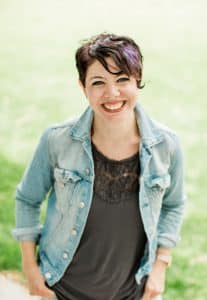
Juliet Vedral
Toddlers want autonomy but if they ruled the world, every day would be exactly the same as the last, without deviation. Every TV show, the same episode over and over again. Surprises? Changes to the routine? Not unless you are prepared to attempt comfort and console a weeping, screaming, often flailing, child.
Though I have learned to handle change better than my two-year-old, I’m still not great at experiencing losses, weathering disappointments, or watching carefully made plans fall apart. Surprises — good and bad — still have the power to send my inner child screaming.
I’ve been reflecting on the element of surprise since screening Ryan Whitaker’s Surprised by Oxford, based on Carolyn Weber’s memoir of the same name. The film is gorgeous and it goes down easy (I screened it twice!) and immerses the viewer in the ancient and lofty world of Oxford. Part love story, part spiritual quest, Surprised by Oxford tells the story of Caro Drake, a brilliant and driven young woman studying Romantic literature. After enduring a complicated childhood and an estranged father, Caro has one goal in mind: to get her doctorate. But divine surprises are in store for her, as she is led on a journey to faith as well as love.
One of the first surprises that awaits Caro is the friends, professors, and mentors who are serious intellectuals and also devout Christians. “I certainly didn’t think that you could be intelligent and a person of faith at the same time, that they were necessarily antithetical,” Weber shared with me in a recent interview about the film.
So sure of the path she’s on, these relationships challenge Caro to think deeply about her purpose in life and whether God could have a place in it. Caro’s most challenging relationship is with Kent or TDH (Tall, Dark, and Handsome), a classmate who pursues Caro and asks her questions about God, faith, and purpose.
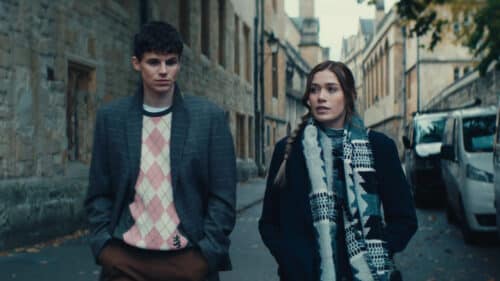
Surprised by Oxford releases on September 27 in select theaters.
“Kent just articulated it so clearly, so kindly, he asked me a question, actually just asked me who God was to me, which no one had really asked me,” Weber shared when describing the way she first heard the gospel. “We don’t tend to ask people questions, which is what Jesus does all the time with people. That sort of invitation to just sit with that was really eye-opening. I felt like a hummingbird that hit the glass hard, because I’d been so busy in my life. I think that’s how so many of us are. We’re just distracted and there’s an opiate of busyness and we don’t sit with the large questions and people don’t invite us to.”
Through all of these interactions, Caro begins to question her own worldview, as well as her feelings for Kent and she’s surprised by what she discovers. God — through Kent’s pursuit of Caro — breaks through her fears and her childhood pain.
I spoke with Weber about the film and how “divine surprise” can show up in a world that is so beset by sin and evil. She shared, “There’s so much of our lives we can’t control no matter what. There’s always those variables and those things that will come towards us. But the one thing that we do have relative control over is that every thought can take us closer or further from God within that ability.”
Caro’s story is relatable, even if you are not pursuing advanced studies at one of the world’s most prestigious universities. All of us have a desire to pursue a purpose or goal, to worship something. Caro worshiped intellectual achievement and put her faith in it. Others worship money or sex or power or truth or the American Dream. Still others pursue religion, even at the expense of knowing and being known by the Divine. In our limited human understanding, we make plans and we trust in our idols. We expect that if we do and say the right things and plan and prepare, everything will go well for us. But when we are surprised by the vagaries of life, these idols are powerless to stop them or to help us.
I don’t know about you, but I find that I’m never quite prepared for the surprises of pain, loss, death, and disappointment. It’s impossible to imagine all the unimaginable things that can happen to us. Perhaps the greatest surprise of this world is to encounter a God who is with us through life’s good surprises and its terrible ones. As Eugene Peterson paraphrased the Beatitudes in The Message, “You’re blessed when you feel you’ve lost what is most dear to you. Only then can you be embraced by the One most dear to you.”
Caro’s story has a happy ending — she finds God and she finds love — all while getting her doctorate. But whatever twists and turns you encounter in your own story, know that there is a God who is not surprised, whose purposes stand forever, and who loves you with an everlasting love.
Juliet Vedral is a writer, toddler wrangler, and amateur shoe collector. Her writing has also appeared in Sojourners. In her spare time, she is a Senior Associate with The Clapham Group. A native New Yorker, Juliet currently resides in Arlington, VA with her husband and two lively sons.

